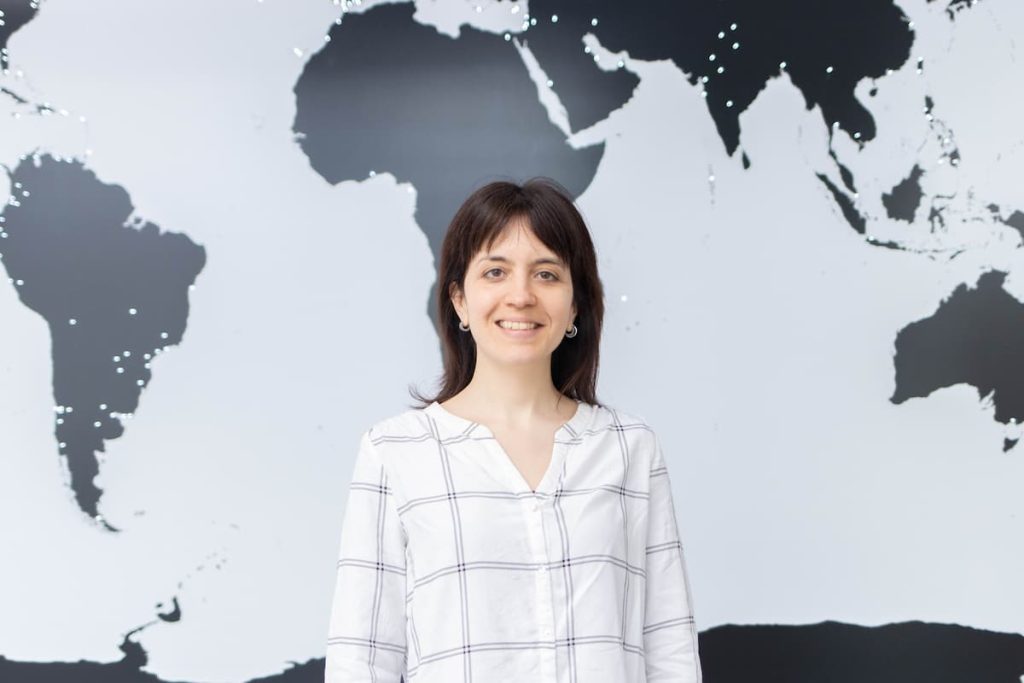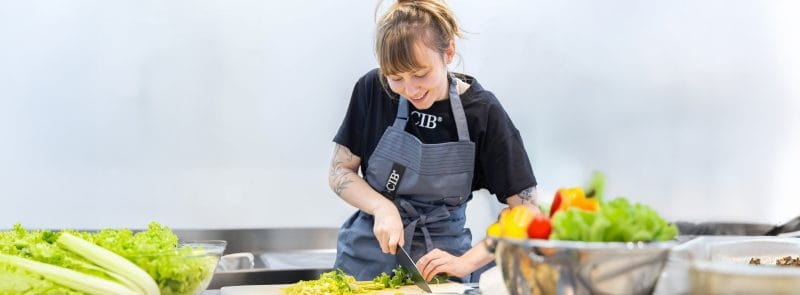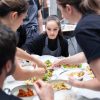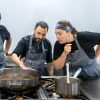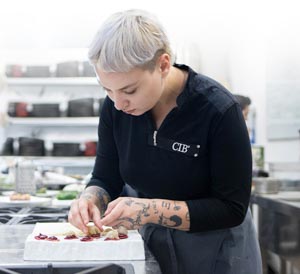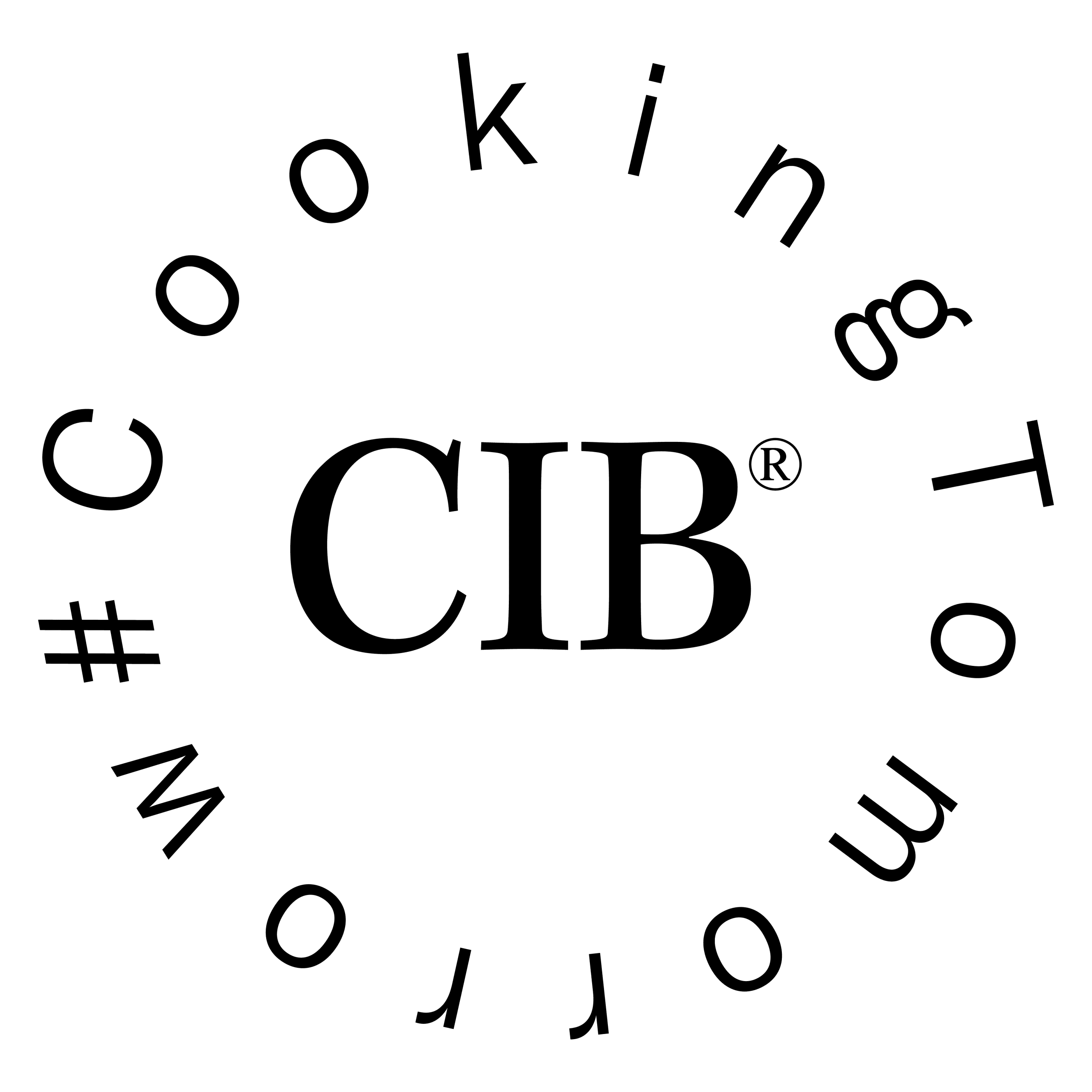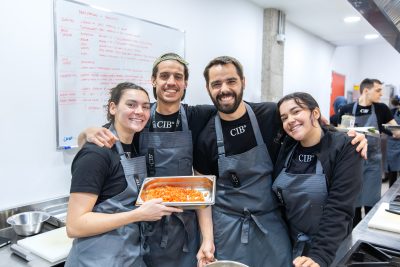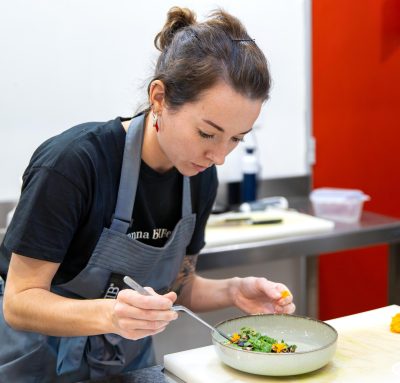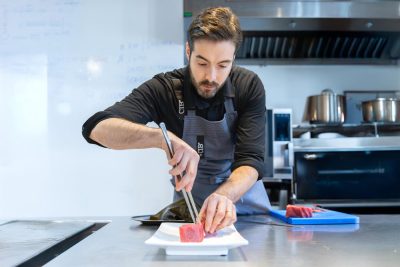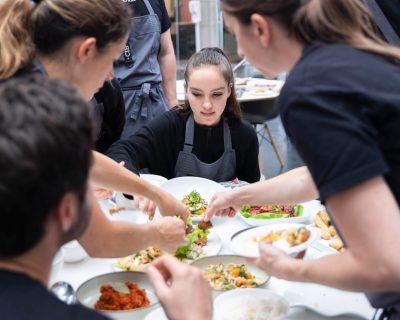Achieving a more sustainable future and reducing the environmental impact of production and consumption is one of the challenges posed by the circular economy. That’s why generating spaces for reflection on initiatives, such as the circular menu or the impact on the decisions taken in Gastronomy, occupies an important place in the activities within the CIB.During this sustainability workshop, we discussed topics such as food waste and waste management. We were also joined by Clara Pallares, food, science, and gastronomy researcher with a focus on sustainability, and founder of Indaga.
We took advantage of her visit to the CIB to ask her about the circular menu:
What is the circular menu?
The circular menu is a way of communicating to the consumer the importance of making the most of the products, including waste management and reducing food waste in restaurants. The customer is part of this cycle, as there must be an understanding and interest in paying for this proposal, to give value to ingredients that are of gastronomic interest and that are not usually appreciated.
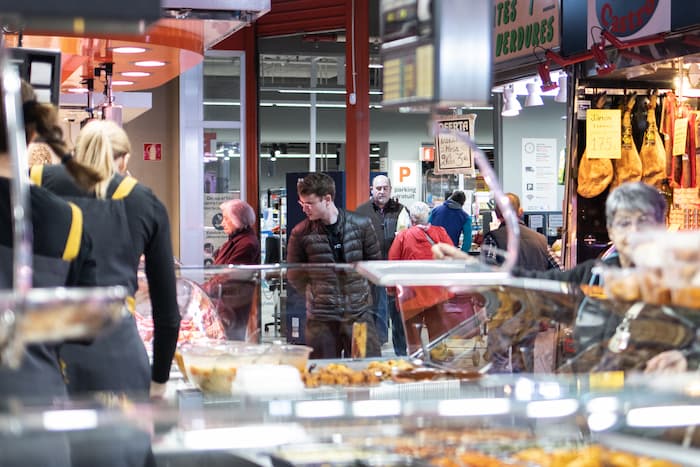
How does the circular menu coexist with the circular economy?
The circular economy has had a strong impact on sectors such as construction and textiles. In the food sector, it has increasingly detected opportunities, because in the end it is about generating goods, products, or services that minimize the use of certain parts of food.In this case, the circular menu, in addition to providing an economic reward in business models, has a positive impact on the environment.
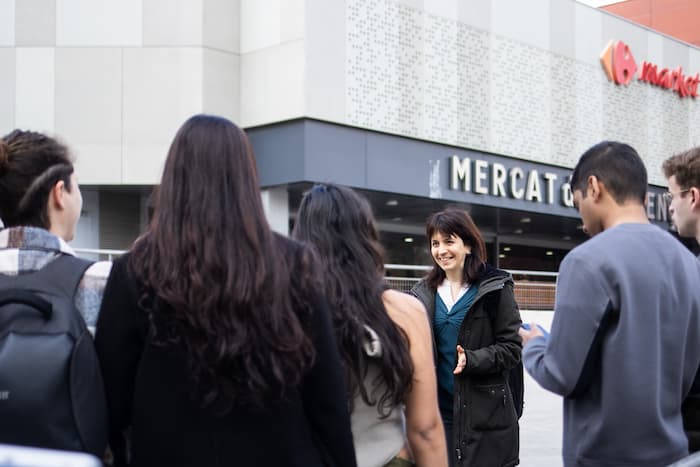
How do think food waste and waste management is handled in the city of Barcelona?
Barcelona City Council is executing several initiatives regarding food waste in general, and there are other projects that focus on this issue. In my opinion, little by little, the food and catering sectors are being addressed, there are still things to do, but we are making progress.
And speaking specifically about the subject of catering, i think that there are too few initiatives that focus on the topic of food utilization, because there is still a communication issue that is seen as a limitation. However, when people see that there is an economic benefit, it is no longer just a conversation about compost, but about how the whole ingredient can be used.For example, if it is possible to use potato skins to make other products and obtain a return on investment, it becomes an potential opportunity to make money.
There is still a lack of data to support and convince restaurateurs that in addition to having a creative restaurant, creativity is not urgent, profitability is.
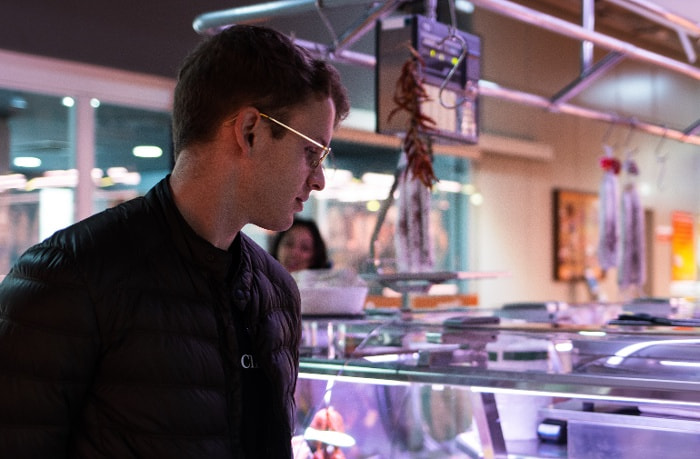
What initiatives do you think educational institutions can take to prevent food losses and wastage?
Education is the key to everything. We must provide chefs with tools for creativity, but also for product management and administration.As we continue to generate more solid data and metrics on food waste, it becomes possible to establish parameters. This information can then be shared with both associations and institutions to raise awareness and bring about change, which is then accompanied by legislation. Legislation also changes when there is a real need.
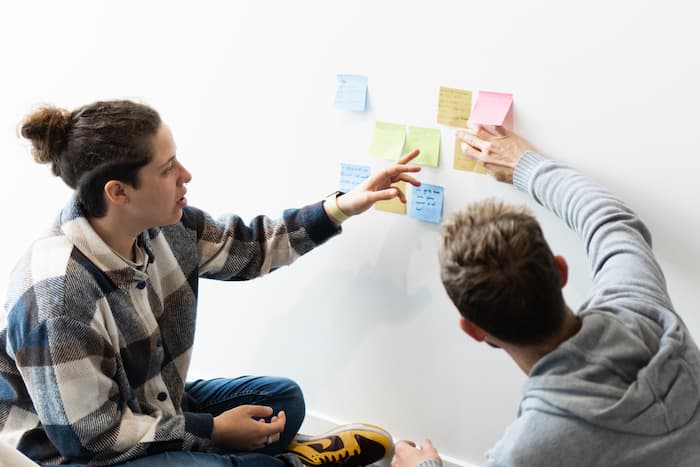
What do you think are the current challenges facing students and chefs regarding these topics?
I think that although there are institutions that provide a holistic view of gastronomy and innovation, we still need to go further. Culinary training is still conditioned by teaching patterns and methodologies that should be discontinued.The challenge is that although there are fundamental aspects, such as the fact that chefs must be rigorous and have a holistic view of sustainability issues, they must also be able to work in multidisciplinary teams, because in the end, working in a restaurant is only one of the possible lines of work. There are so many more opportunities out there.
It is about developing skills such as assertive communication with other professionals and finding innovative solutions to sustainability challenges as part of a team.
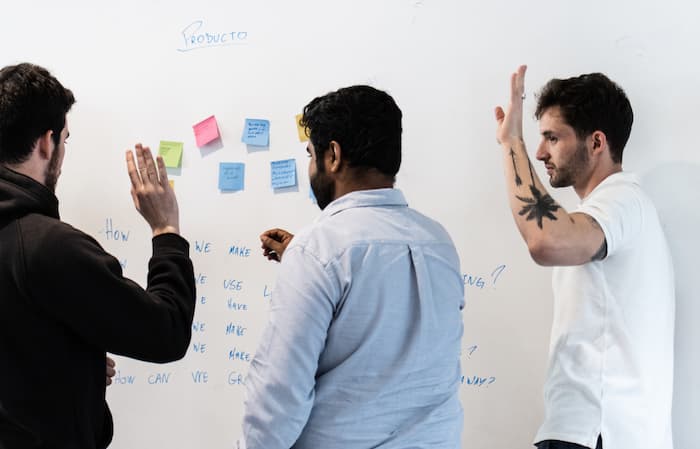
What kind of specific knowledge could help students gain a more global understanding of sustainability?
We must not lose sight of the importance of understanding of the agri-food value chain. We all belong to the consumption chain, regardless of our role.If you are not aware of the issues regarding livestock, agriculture, transport, and logistics, you and your business are missing out. On the other hand, I believe that activities generated through challenges, in real contexts such as work experience and stages, where you get the chance to observe, analyze and propose solutions to different situations, provide experience and a much better understanding. Chefs have the opportunity to boost their businesses, not necessarily from a restaurant or in the gastronomy environment.
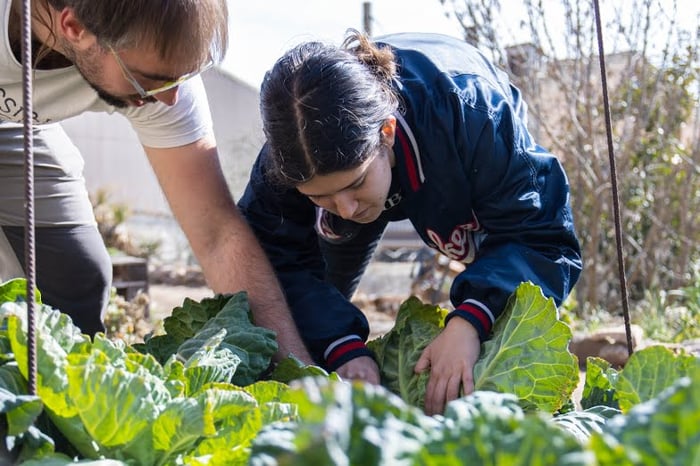
After this interview with Clara Pallares, it is even clearer that promoting spaces for reflection with different perspectives, such as the Circular Menu, facilitates the dynamics to delve deeper into issues such as food waste.With a growing market increasingly demanding and with pathological needs, healthy cuisine is a pillar in the gastronomic offer of restaurants or services related to nutrition in hospitals, in the world of sports or related to psychoneuroimmunology.

